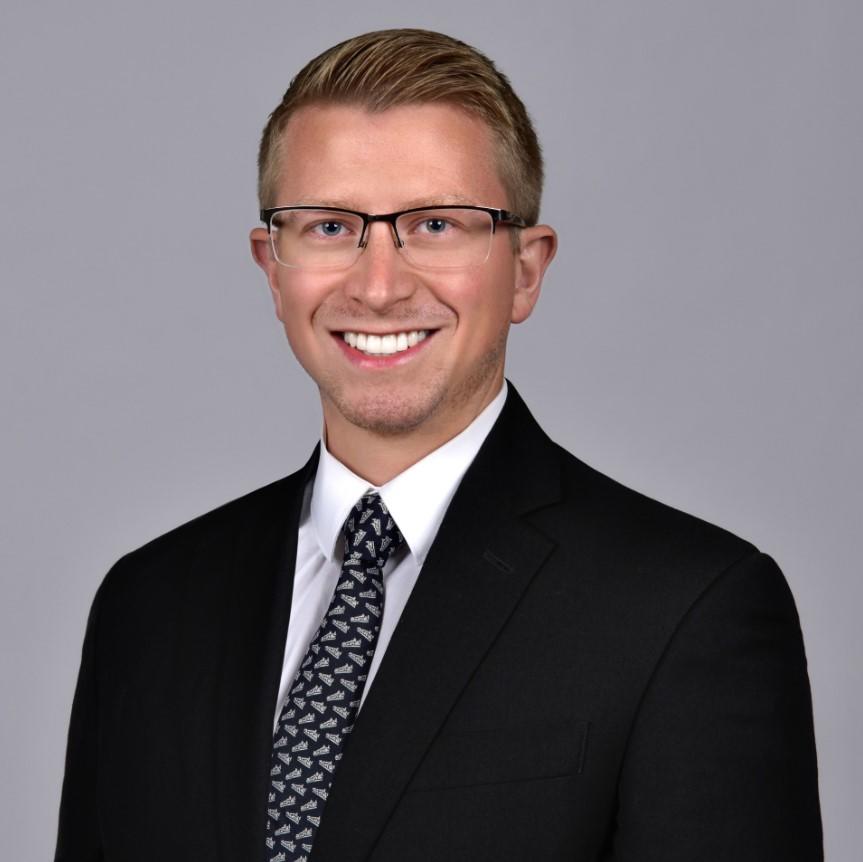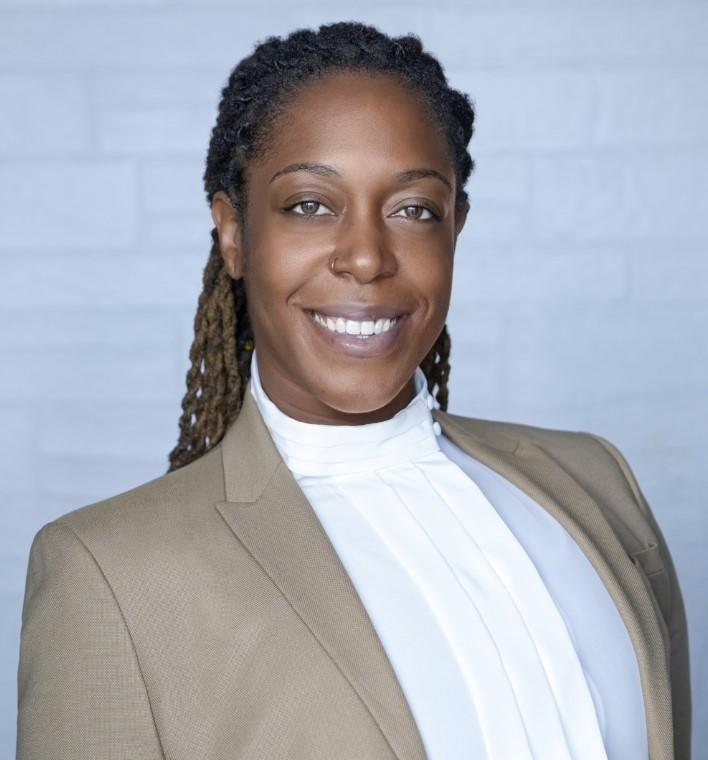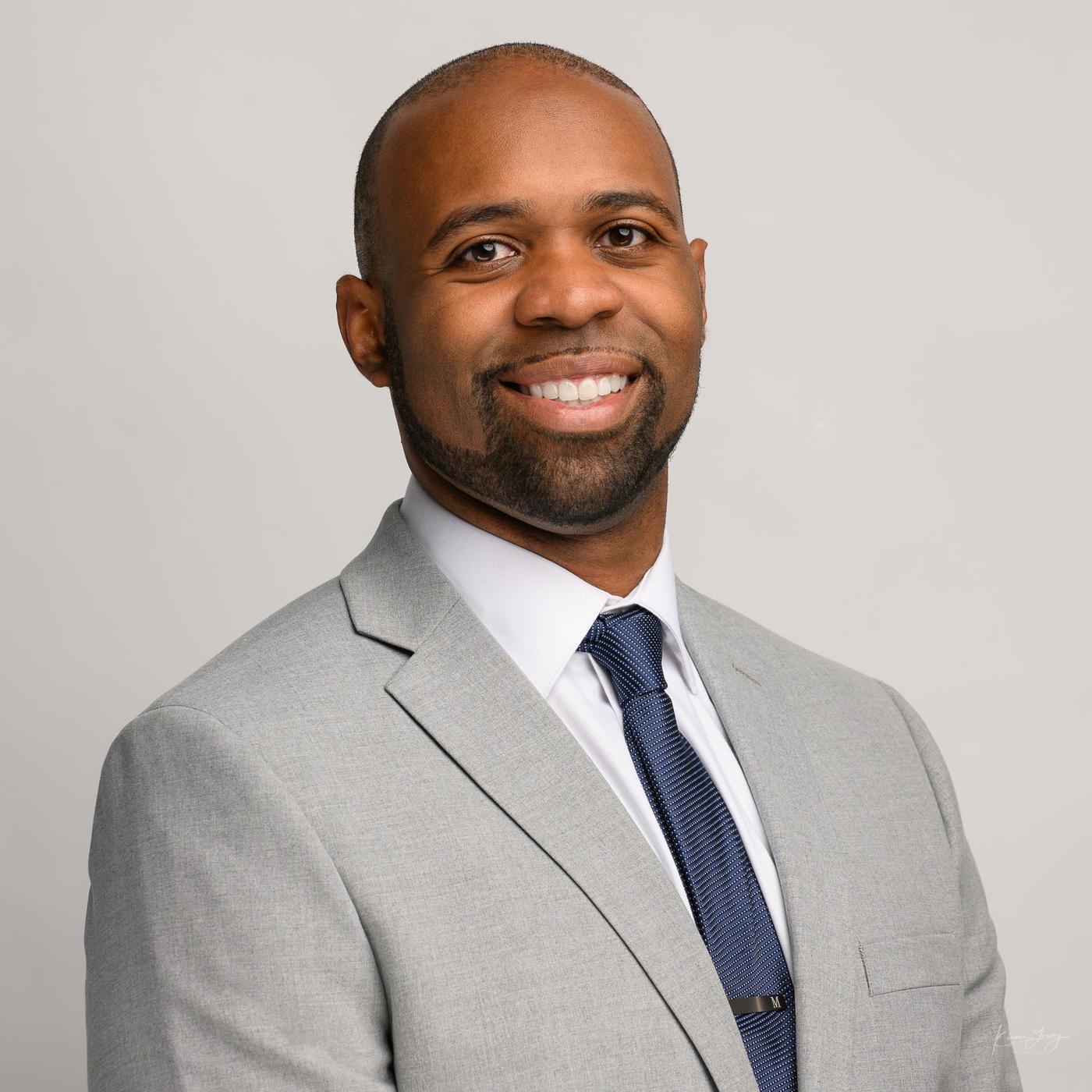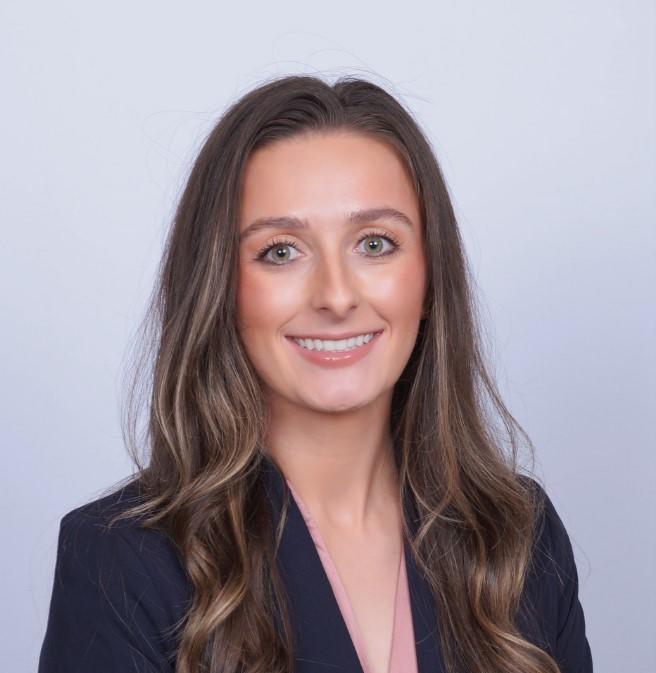Overwhelmed emergency rooms are causing delays for patients seeking mental health care. Adtalem’s newest emergency medicine and psychiatry residents share their perspectives.
An overwhelming majority of Americans believe there is a mental health crisis in the United States.
Nearly half of young adults reported a time when they thought they might need mental health services or medication; more than half of all adults said they or a family member have experienced a severe mental health crisis, according to the Kaiser Family Foundation.
Many patients turn to the emergency room when they feel there’s nowhere else to go. However, the rising demand for mental health care is clashing with emergency medicine’s own crises in understaffed wings and growing delays for patients to be transferred to an inpatient bed, which is known as boarding. An October 2023 USA Today report demonstrated how the convergence of two medical fields—emergency medicine and mental health care—are working against each other.
Increased waits have become a crisis topic on which the American College of Emergency Physicians (ACEP) and other organizations wrote to President Biden in 2022 pleading for federal assistance to address. In the letter, it’s reported as many as 97% of emergency room doctors cited boarding times exceeding 24 hours, and 28% of doctors recalling boarding times as long as two weeks. In another ACEP study, emergency rooms are seeing the highest ever number of patients—an estimated 7 million in 2022—leaving prior to the completion of their care.
Helping Address Systemic Issues
Of the more than 800 students from Adtalem Global Education’s medical schools—Ross University School of Medicine and American University of the Caribbean School of Medicine—who matched to residencies in 2024, over 150 will be in emergency medicine or psychiatry.
After primary care fields, emergency medicine and psychiatry are the two largest specialties pursued by RUSM and AUC residents in 2024, representing 18% of all obtained residencies.
RUSM and AUC achieved a 98% combined first-time residency attainment rate for the second straight year. See how they are contributing to the medical profession in a variety of specialties.
A Multifaceted Approach to Mental Health Care
Dr. Brandon Szwydky ’24, is an AUC alumnus and psychiatry resident at HCA Orange Park in Florida. While Dr. Szwydky agrees more staff and increasing the number of beds in emergency rooms are helpful to addressing a systemic issue, it’s only part of the solution. Mental health care requires a multifaceted approach through patient support, educating self-care practices—exercise, mindfulness, creative expression, healthy social connections—and coping strategies to manage stress, anxiety, and challenges patients might come across.
Dr. Szwydky is from Canada and fell in love with the thought of practicing medicine while studying physiology and pharmacology at the University of Saskatchewan. His true passion is helping others.
“I lost a good friend to suicide, and that fueled my passion for improving mental health,” he says. “Through that personal experience, I realized early on there is a huge stigma around mental health and seeking help. I wanted to be an ambassador and leader to improve the initiatives people can take to improve their mental wellbeing.”
Mental Health Advocacy Across Medical Specialties
Dr. Alexandria Lauray ’24 is an AUC alumna and emergency medicine resident at Brooklyn Hospital Center in New York. Her mother spent her career in the emergency department, but when Dr. Lauray was a teenager, she remembers a particular incident when her brother got in a fight and needing to take quick action to get him to the emergency room via ambulance. Amid the chaos that swirled around her that day, one thing stood out.
“All the doctors and nurses who came to me were so calm, kind, and empathetic. They treated me like family while we waited for my mom to get there, and I remember the feeling of being taken out of the emergency setting by how cool, collected, and knowledgeable they all were.”
From that moment, Dr. Lauray envisioned she would follow the same path to supporting patients and families just like her. She studied biology at Clark University and later Indiana University for her master’s degree in cellular integrative physiology. She worked as a researcher while at Clark and later projects with UCLA, UC-Davis, University of Nebraska, and Eli Lilly.
What her time in the laboratory lacked, though, was more human and patient interaction. She shifted her focus from the lab to medical school.
“My mom was a patient advocate, and when I recalled back on her stories and my own experiences, I committed to medical school knowing I wanted to do exactly this,” she says. Patient advocacy is now something Dr. Lauray champions, especially when working with someone who is experiencing a mental health crisis.
Team-Based Care to Support Both Patients and Caregivers
As a former college football and arena football player, Dr. Marcus Robinson ’24 knows the value of a team. He also knew a career as an athlete wouldn’t last forever; when he missed a full season of Texas high school football with a torn ACL, he found another passion—medicine.
Now an RUSM alumnus and emergency medicine resident at AdventHealth in Florida, working as a team in a fast-paced setting remains even more important in Dr. Robinson’s new career.
On the rotations with emergency medicine doctors that developed his love for the field, Dr. Robinson was part of several psychiatric evaluations with behavioral health patients. He believes one of the most important aspects of care for mental health patients is compassion.
“Everyone deals with stress and life events at varying speeds; what one person may not see as a stressor another may find overwhelming, so it’s important to listen thoroughly and with compassion. Taking in exactly what the patient is trying to communicate and understanding the underlying problem are crucial.”
Aware of the Challenge, Motivated to Help
From Dr. Ellery Day’s perspective, just about every emergency medicine resident she has talked to is aware of the systemic challenges emergency medicine and mental health care are facing. Dr. Day ’24 wants to be part of the solution.
“It keeps me in this problem-solving mode where I want to utilize all my resources to do the best I can to help both the patients and the emergency team. We are a group of doctors driven by that motivation to go into the field’s challenges head on and help keep each other afloat.”
Dr. Day is an RUSM alumna and will start her emergency medicine residency at Sparrow Hospital in Michigan in July when programs officially begin. She spoke about the overall rebound emergency medicine saw in residency positions being filled in 2024 after a two-year downward trend driven in part by the strain of the pandemic on emergency rooms. According to the National Resident Matching Program’s Match Day release, emergency medicine saw a 13.9% increase in filled positions in 2024.
For more information, email the Adtalem Global Communications Team: adtalemmedia@adtalem.com.







